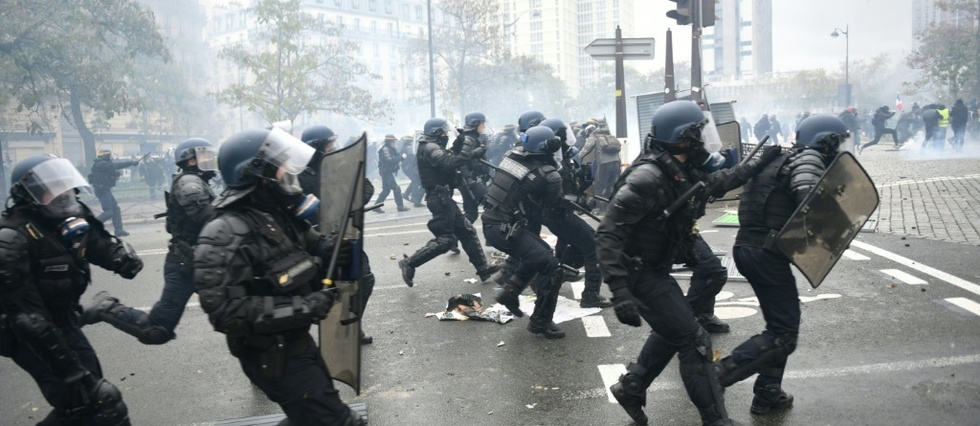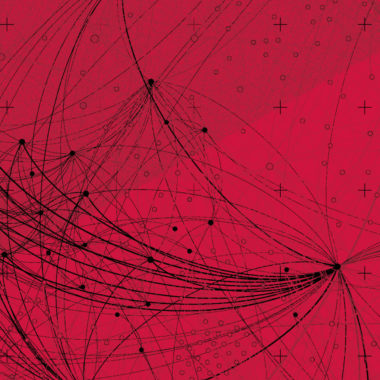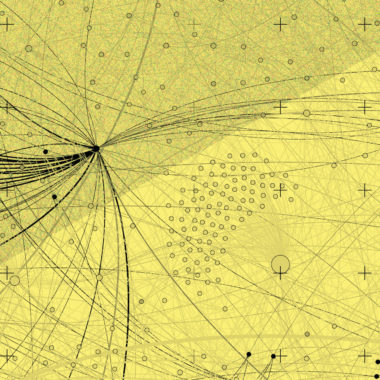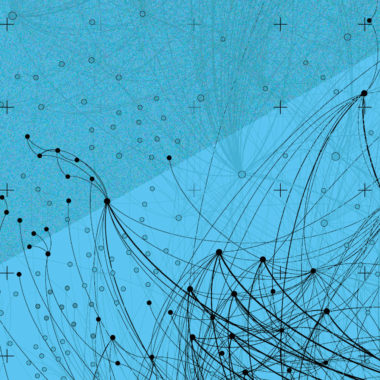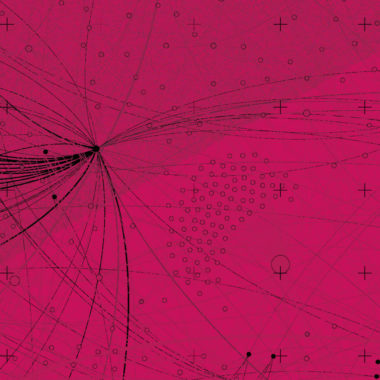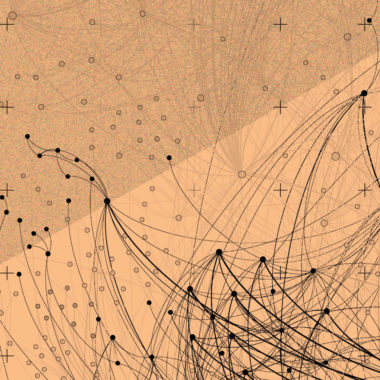Since its first demonstration in France on 17 November last year, the gilets jaunes (yellow vests) movement has generated millions of comments and posts on various online social spaces. The physical manifestations of this shape-shifting movement have indeed been combined with phenomena of mobilisation on social media, as evidenced by the sheer level of online conversation on this topic.
Following the French presidential election of 2017 and the Benalla Affair, the intensity of discussion on social networks relating to the gilets jaunes has also aroused fears that false information has been used to manipulate public debate. Saturday’s publication of an article entitled “Russian accounts fuel French outrage online” in UK newspaper The Times re-ignited suspicions of information manipulation by a foreign state.
A study of conversation data, available through social network APIs, offers a means of examining the movement’s structure, themes of expression and channels of influence. It also provides a chance to shed some light on suspicions of manipulation of information within the debate.
A study of conversation data, available through social network APIs, offers a means of examining the movement’s structure, themes of expression and channels of influence. It also provides a chance to shed some light on suspicions of manipulation of information within the debate.
For the purposes of this study, we built an extensive Facebook and Twitter corpus of more than 3 million unique posts using the keyword “gilets jaunes” and various permutations of the movement on social networks (#17Novembre, #24Novembre, #1erDécembre, yellow vests, etc.):
– 1,594,316 French-language tweets (excluding retweets) published between 17 November and 5 December;
– 1,795,749 user comments on the pages of 11 French national media publications between 21 November and 5 December;
– 95,835 English-language tweets published between 17 November and 8 December.
The lessons we learned from this analysis are:
• From the movement’s very inception, conversation on the topic of fuels seems to be a marginal part of the overall discussion, both on Twitter and on Facebook. The question of taxes has been a catalyst for other sensitive pre-existing subjects, such as topics of purchasing power, fiscal justice and criticism of institutions.
• An analysis of the words used by online users shows that Emmanuel Macron occupies a central, polarising position in the crisis. He is easily the most often-mentioned individual, and the subject most commonly discussed by online users ahead of every other discussion topic.
• The suspicions of foreign interference in the public debate surrounding the movements can be put into perspective by means of a quantitative analysis. The influence of the English-speaking ecosystem engaging in the conversation turns out to be minor. Similarly, the absence of “bots” in this discussion is worth mentioning.
• A number of political activists, particularly associated with the US alt-right movement, and various foreign (Turkish, Saudi and Russian) media, writing in English, have widely broadcast spectacular images of demonstrations, adopting an angle critical of the French government. These disparate accounts follow a variety of political agendas, and cannot be considered as a single entity. They essentially adopt opportunistic, follow-my-leader stances which have no influence whatsoever on the structure and development of the Gilets Jaunes movement.
• BFM TV’s influence in the public debate goes far beyond its media status; its Facebook page has received more comments than any other, and thus constitutes a social space in itself.
Damien Liccia, associate director and head of research at IDS Partners: “The way in which information circulates online has encouraged the growth of the movement, but has not created it. It can be seen that conversation topics go beyond news stories, and reflect issues that are deeply rooted and ingrained in long-term public opinion. Online activism cannot be reduced to information manipulation or the circulation of false information. Social networks reflect what is happening in the world, not the other way around. ”
Xavier Desmaison, CEO of the Antidox agency: “An analysis of conversation topics relating to “yellow vests” on Facebook and Twitter shows that the price of fuel is not the main source of discontent within the movement. Although it has played a catalysing role, it has subsequently formed a marginal part of online expression. The message conveyed today by the “yellow vests” is more one of criticism of an economic policy that they believe to be unfair, and of institutions that they feel do not represent their own concerns sufficiently well. “

